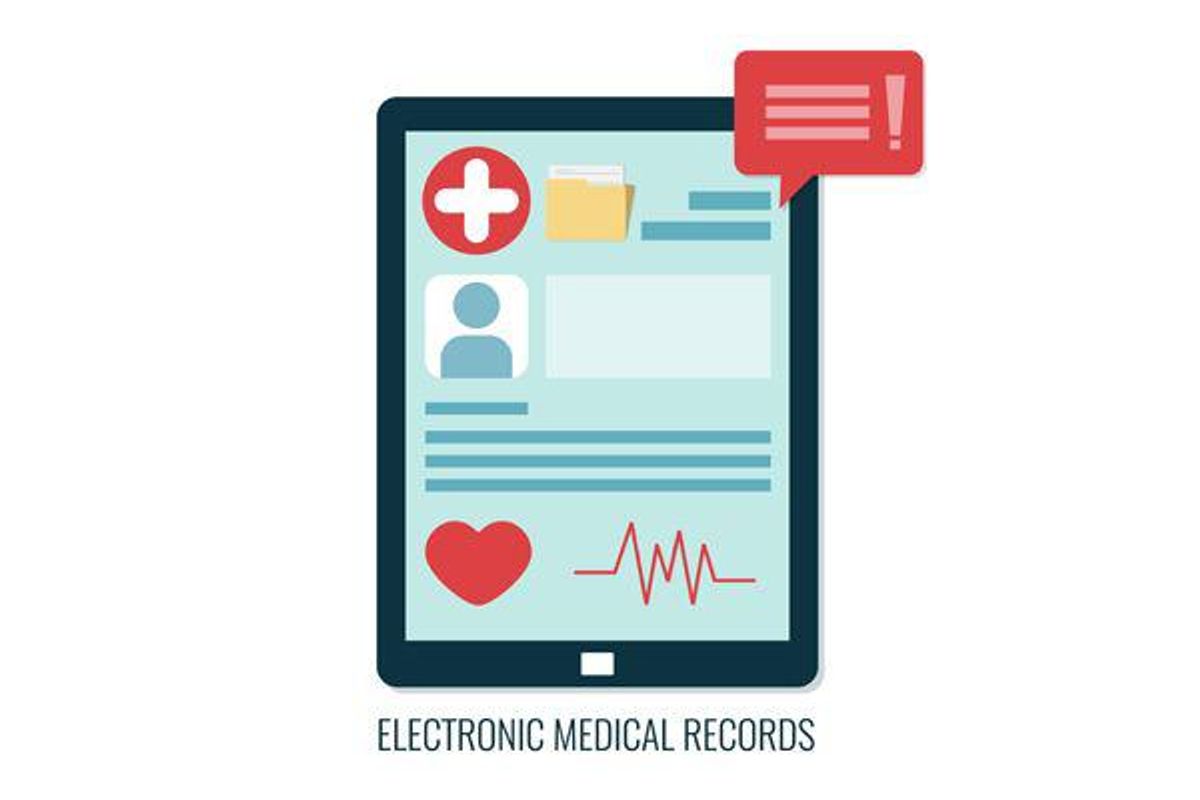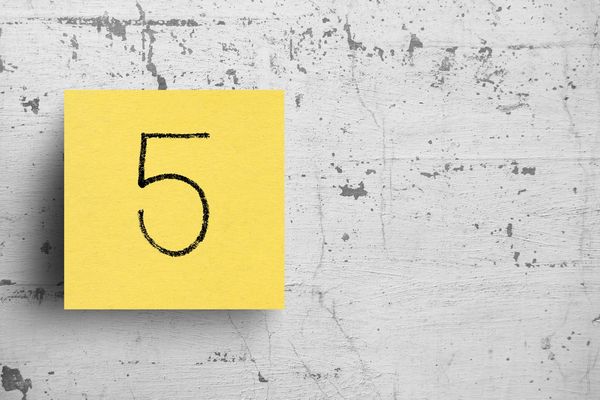

Beth Battaglino, RN-C, CEO of HealthyWomen
Beth brings a unique combination of sharp business expertise and women's health insight to her leadership of the organization. Beth has worked in the health care industry for more than 25 years helping to define and drive public education programs on a broad range of women's health issues. She launched and has expanded the HealthyWomen.org brand. As a result of her leadership, HealthyWomen was recognized as one of the top 100 women's health web sites by Forbes for three consecutive years, and was recognized by Oprah magazine as one of the top women's health web sites. HealthyWomen now connects to millions of women across the country through its wide program distribution and innovative use of technology.
Beth is responsible for the business development and strategic positioning of HealthyWomen. She creates partnerships with key health care professionals and consumer groups to provide strategic, engaging and informative award-winning programs. She serves as the organization's chief spokesperson, regularly participating in corporate, non-profit, community and media events. She also is a practicing nurse in maternal child health at Riverview Medical Center- Hackensack Meridian Health, in Red Bank, NJ.
In addition to her nursing degree, Beth holds degrees in political science, business and public administration from Marymount University.
To stay sane, she loves to run and compete in road races. She enjoys skiing and sailing with her husband and young son, and welcoming new babies into the world.
Full BioLearn about our editorial policies
Medically Reviewed
Although many doctors and other health care providers keep complete health records for you, it's also important to create and maintain your own records, in case you're in a situation where that information is needed quickly.
Electronic health records (EHR) are taking the place of paper charts, because they allow for a more streamlined and efficient practice and can be easily shared with other clinicians. These records include comprehensive and important information about things like immunization dates, administrative and billing data, allergies, medications, surgeries, illnesses and conditions you've had or currently have, and reports on imaging, lab results and other tests.
But what if you have an emergency or are unconscious and your EHR can't be accessed? That's when it become vital that you have your own personal health record (PHR), especially if you are in the care of several doctors or have several health conditions.
A PHR also allows you to track information that your doctor may not have, like over-the-counter medications you take or your exercise habits and sleep schedule. And, unlike electronic health records, your personal records are not connected to an employer, health system or insurer.
You may choose to write down all your pertinent information on paper. If you do so, make sure to let someone close to you know where to find it. A better option—since that sheet of paper can get lost or misplaced—is to store the information digitally. This way, you can update it easily when necessary and print out multiple copies.
Some suggestions for where to store copies: in your handbag, in your car's glove compartment and in a first aid or medical emergency kit. You could try making one small enough to fit on an index card to keep in your wallet. Consider putting a copy on your refrigerator or inside a kitchen cupboard as well.
Information to include
- Your name, address, sex and birthdate
- A current copy (front and back) of your insurance card
- All medication names, doses and schedules
- Herbs or supplements you take, including vitamins
- Medical devices you use (such as hearing aids, portable oxygen, a walker, etc.)
- Chronic medical conditions (such as hypertension, diabetes, heart disease, high blood pressure, asthma, etc.)
- Past surgeries or artificial joints
- Prior cancers or blood transfusions
- Allergies
- Immunizations
- Use of tobacco and alcohol
- Phone numbers for your health care providers and emergency contacts (like a family member or friend)
- Medical consent form, advance directive or living will
Other useful information to include could be a copy of your daily care plan (if applicable), your family medical history and your health screening history (including cholesterol readings, colonoscopies, mammograms and prostate exams).
There are also web-based record-keeping programs available for free or for a small subscription fee. These can be stored on your computer or mobile devices. Some even allow for personal engagement, so you can learn new behaviors and possibly improve your health outcomes. Some examples include:
WebMD Personal Health Record
NoMoreClipboard
Always remember that it is your federally guaranteed right to both view and obtain a copy of your medical records from health care providers, hospitals, pharmacies and even your health plan. Click here for one way to get your health records electronically.
You might be interested in





